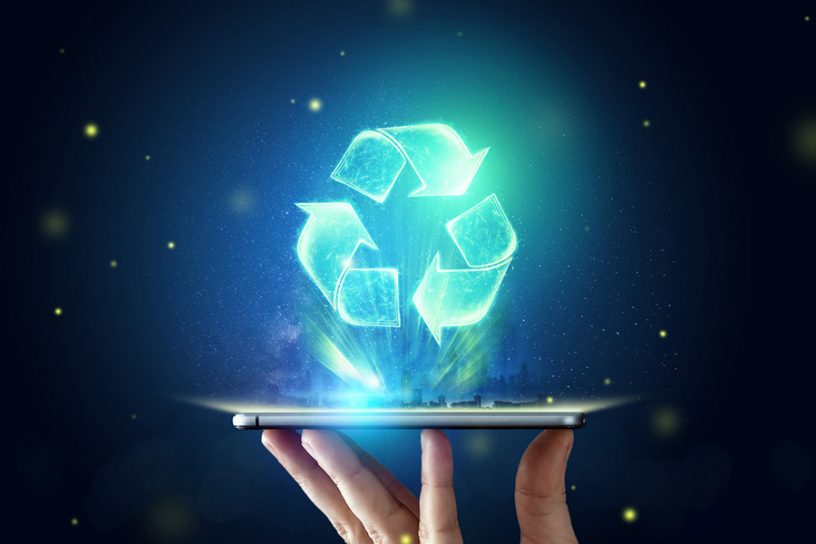
This chapter analyses the obstacles facing improved recycling of e-waste and outlines an alternative approach that relies on an effective integration between the informal and formal sectors.
Authors
Gautam Mehra, Deutsche Gesellschaft für Internationale Zusammenarbeit (GIZ) GmbH, New Delhi, India.
Rachna Arora, Deutsche Gesellschaft für Internationale Zusammenarbeit (GIZ) GmbH, New Delhi, India.
Reva Prakash, Deutsche Gesellschaft für Internationale Zusammenarbeit (GIZ) GmbH, New Delhi, India.
Abhijit Banerjee, Professor, Jindal School of Liberal Arts and Humanities, O.P. Jindal Global University, Sonipat, Haryana, India.
Summary
India has witnessed a rapid increase in e-waste generation in recent years and is now the fifth largest generator in the world. The concept of “urban mining” implies recovery and utilisation of secondary material from urban waste streams. In India, e-waste recycling has historically been dominated by the informal sector, which, in addition to creating hazardous conditions, is able to recycle only a fraction of the recoverable material due to technology and other limitations. The e-waste Management Rules 2016 introduced the principle of Extended Producer Responsibility that imposed a mandate on manufacturers for ensuring collection and channelisation of e-waste.
This was a significant step in the right direction and has improved formal recycling of e-waste. However, the system continues to suffer from unnecessary and damaging competition between the formal and informal sectors. In 2019, the NITI Aayog and the Ministry of Electronics and Information Technology (MeitY) released the Strategy on Resource Efficiency in the Electrical and Electronic Equipment Sector in collaboration with the EU Resource Efficiency Initiative for India. This chapter, based broadly on the NITI/MeitY Strategy, analyses the obstacles facing improved recycling and outlines an alternative approach that relies on an effective integration between the informal and formal sectors.
Published in: Development in E-waste Management: Sustainability and Circular Economy Aspects, Pages 209 – 2221 January 2023, Taylor & Francis.
To read the full chapter, please click here.


